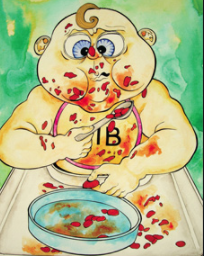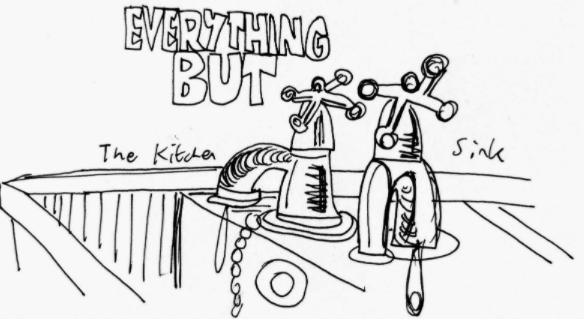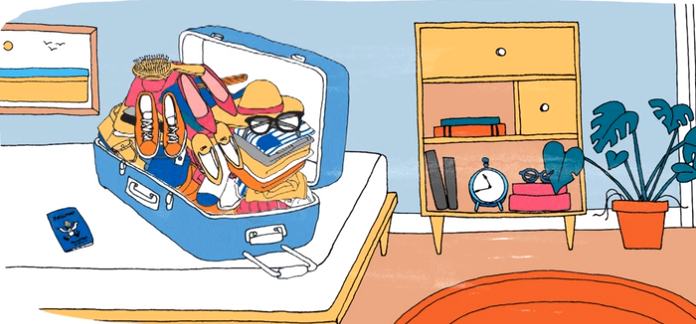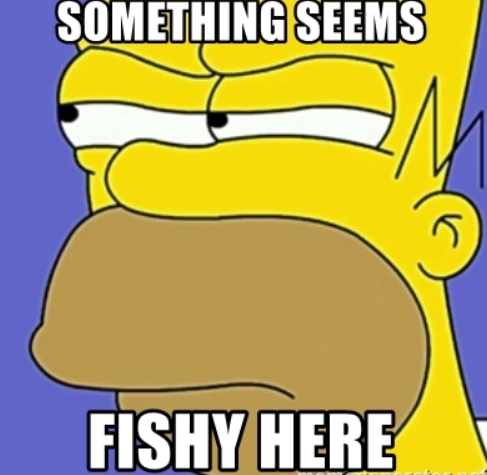アメリカ人が毎日使うスラング・イディオムを学ぶ!
ネイティブのように話せるようになるのも”in no time”(あっという間)!

ネイティブのリアル英語
wolf down がつがつ食べる
「 がつがつ食べる 」って英語ではどう言うんでしょうか?
アメリカでは ” wolf down ” といいます。
例文
It’s a bad manner to wolf down your food at table.
食事中にがつがつ急いで食べるのは行儀が悪い事だ

これは獲物に群がる狼をイメージに由来し「〈食べ物〉を (1度にたくさん
口に入れて)がつがつ食べる」という意味です。
英語の小説や洋画などには結構出てくるので覚えておいて損はないです。
「 wolf down がつがつ食べる 」習得・攻略

ネイティブのリアル 英語:
I’m hungry. I think we have some time to wolf down a sandwich before we leave.

学校で教わる英語:
I’m hungry. I think we have some time to eat a sandwich quickly before we leave.
ネイティブのリアル発音:
I’m hungry. I think we have some time ta wolf down a sandwich before we leave.
同義表現
to eat something quickly.
「wolf」 を使ったその他のイディオム
- Cry wolf: 嘘をついて助けを求める、または根拠のない警告を出す
“If you keep crying wolf, no one will believe you when you really need help.”
「いつも嘘をついて助けを求めていると、本当に助けが必要な時には誰も信じてくれなくなるよ。」
- Keep the wolf from the door: ギリギリの生活をする、なんとか生計を立てる
“He took a second job just to keep the wolf from the door.”
「彼はなんとか生活を維持するために、二つ目の仕事に就いた。」
- A wolf in sheep’s clothing: 羊の皮を被った狼、見た目とは違って危険な人やもの
“Be careful of that friendly stranger; he might be a wolf in sheep’s clothing.”
「親切そうな見知らぬ人には気をつけて。彼は羊の皮を被った狼かもしれない。」
- Throw someone to the wolves: 誰かを危険な状況に追いやる、犠牲にする
“When things went wrong, the manager threw his assistant to the wolves to save himself.”
「問題が起きたとき、マネージャーは自分を守るために助手を危険な状況に追いやった。」
- Wolf down (one’s food): がつがつ食べる、急いで食べる
“After a long day of hiking, they wolfed down their dinner in minutes.”
「長いハイキングの後、彼らは夕食をあっという間にがつがつと平らげた。」





































